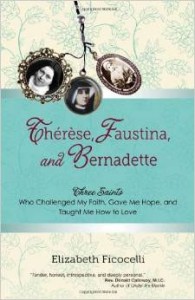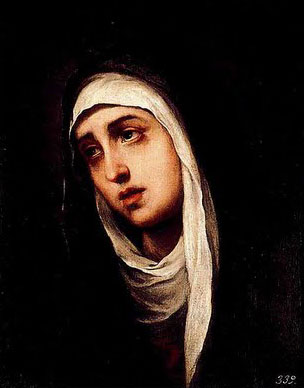The Novena to St. Teresa of Avila, Day 8
composed by by St. Alphonsus of Liguori.
Podcast: Play in new window | Download (Duration: 2:57 — 2.7MB) | Embed
Subscribe: Apple Podcasts | Spotify | Amazon Music | Android | Pandora | iHeartRadio | JioSaavn | Podchaser | Gaana | Podcast Index | Email | TuneIn | Deezer | Anghami | RSS | More
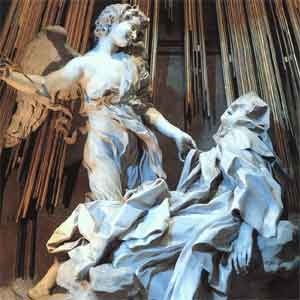
O most beloved Lord Jesus Christ! we thank Thee for the eminent gift of the desire for death which Thou didst grant to Thy beloved Teresa; we pray Thee, by Thy merits, and by those of Thy most constant spouse, to grant us the grace of desiring death, in order to go and possess Thee eternally in the country of the blessed.
Say one Our Father, Hail Mary and Glory be.
V. St. Teresa, pray for us:
R. That we may become worthy of the promises of Jesus Christ.
Let us pray: Graciously hear us, O God of our salvation! that as we rejoice in the commemoration of the blessed virgin Teresa, so we may be nourished by her heavenly doctrine, and draw from thence the fervour of a tender devotion; through our Lord Jesus Christ, Thy Son, Who liveth and reigneth with Thee in the unity of the Holy Spirit, God for ever and ever. Amen.
Visit the Discerning Hearts “Teresa of Avila” page for the complete novena and text of the prayers


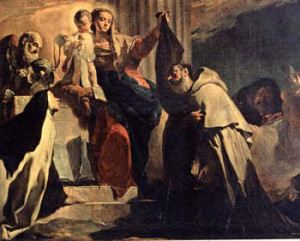
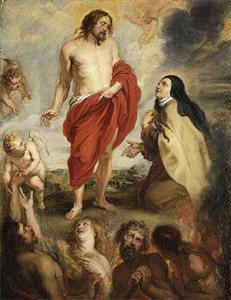
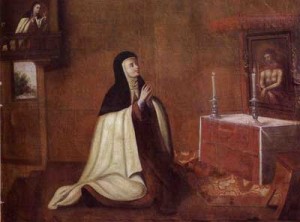
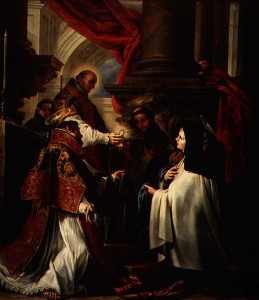
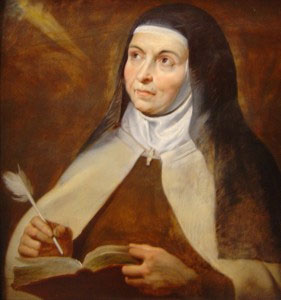
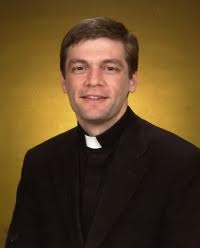
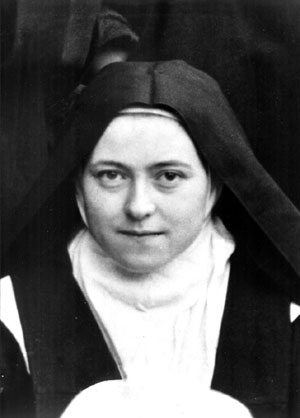
 “Therese, Faustina and Bernadette: Three Saints Who Challenged My Faith, Gave Me Hope, and Taught Me How to Love” ties beautifully together the theological virtues (faith, hope, and love) and shows us how they are particularly lived out in the lives of three of the most beloved saints of our modern era. Author Elizabeth Ficocelli shares her personal relationship with these beautiful saints and how they helped her to grow in her understanding and trust in Christ. More than just a biography of each saint, this work is a road map for the spiritual life based on the lives of women who are joyfully showing us the way.
“Therese, Faustina and Bernadette: Three Saints Who Challenged My Faith, Gave Me Hope, and Taught Me How to Love” ties beautifully together the theological virtues (faith, hope, and love) and shows us how they are particularly lived out in the lives of three of the most beloved saints of our modern era. Author Elizabeth Ficocelli shares her personal relationship with these beautiful saints and how they helped her to grow in her understanding and trust in Christ. More than just a biography of each saint, this work is a road map for the spiritual life based on the lives of women who are joyfully showing us the way.